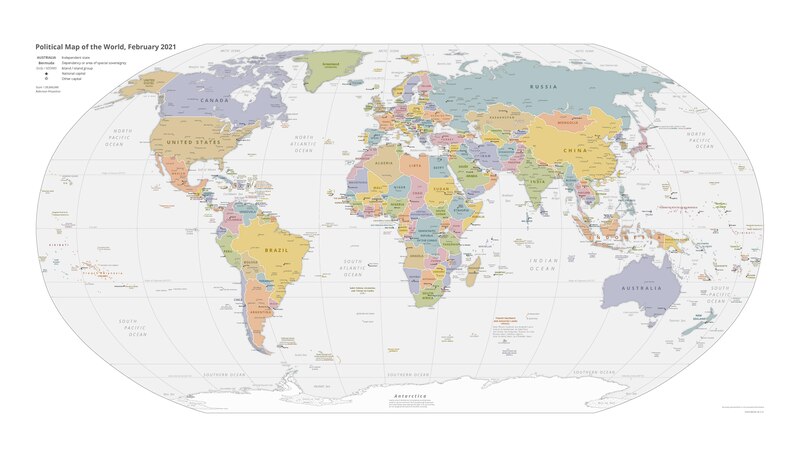I have recently encountered a perfect storm. Not super storm Sandy. Just one of those moments when everywhere I turn people are all talking, writing, commenting on the same topic, forcing me to stop and reconsider it.
It started because I've been listening to Dietrich Bonhoeffer's biography, Bonhoeffer: Pastor, Martyr, Prophet, Spy, by Eric Metaxes. The author relates an essay written at the beginning of the Third Reich by Bonhoeffer describing the appropriate relationship between church and state. One point he made is that it is the church's responsibility to aid those victimized by the State's attempts to bring order to society. In context this meant helping the church-going Jews that were at that time beginning to be persecuted. In our context, it might mean helping foster children who are suffering despite (or perhaps because of) the state's best efforts at organizing foster care. The statement seemed obviously true to me but when I shared it with my husband he disagreed.
Intellectual disagreement on Bible topics is a regular occurrence at my house. It's usually rather esoteric though. For example one morning recently we spent a happy half-hour debating with our older daughter why wisdom is pictured as a woman in the first several chapters of Proverbs. It's not often that I leave one of these conversations feeling baffled and dismayed.
If you have been following this blog, you'd know I am interested in the topic of God's heart for the poor, the widowed, the orphan, and the stranger. (Bigotry, A Graduate Course in Justice, Gomer, He said What?, and Aliens and Strangers) In my classes at Harding, the professors used the word "disenfranchised" to talk about these folks. Jesus called them "one of these brothers of Mine, even the least of them" (Matthew 25:40). But it's been a long time since I delved deep into the Word looking for God's direction on the matter. I thought it was all figured out and everyone agreed. Like Christians should read their Bibles and go to church. We might not DO it but we know we're supposed to!
Before I could sit down with a Bible, I was hit with a fascinating article from Christian Chronicle. It delved into the trend in the evangelical world to draw a distinction between "church work" and "kingdom work". "Church work" here meant both the stuff that keeps local congregations going like Sunday School, VBS, preparing communion, and more spiritual tasks such as pastoral care and evangelism. While "kingdom work" in contrast included things like working in an orphanage, serving meals in a homeless shelter, or doing international relief work. The two terms imply a sharp contrast (and to my mind a false one) between the church the apostles created and the kingdom Jesus came to set up.
The first question they addressed was merely semantic: What should we call the work that Christians do for the disenfranchised? My answer? We have a perfectly good Bible term "good works. Why not use that? The other question was more compelling. What is an individual Christian's responsibility, context and reason for doing those "good works?" On the one side the speaker, Mr. Mcknight, stated that the true work of the "Kingdom" is the work of the local church-calling people to Jesus. In the rebuttal Mr. McCarty pointed out that given the depth of injustice, fear, poverty, bigotry and hatred in the world, it is unlikely that Christian young people need to do less to help!
Out of all this conflicting conversation what do I know for sure? I learned in my recent posts on the care of the elderly and widowed every woman is responsible for the widowed in her own family and each family responsible for the welfare of its own members (1 Timothy 5). My husband pointed out that after caring for family members, the New Testament leans foremost towards the generous aid of fellow Christians (Galatians 6:10, Acts 2:44-47, Acts 4:32-37, 1 Corinthians 16:1-4). An unassailable part of our appeal to outsiders should be the way we love each other (John 13:35) and the NT example of that goes far beyond Sunday potlucks and friending each other on Facebook.
I still have a lot more questions than I had answers. When we are talking about our family and our local church I feel confident about God's will. When we start stretching past that, into building hospitals in India or orphanages in Guatemala, I want to know more. What is the church's responsibility towards outsiders? What is ours individually? What kind of organizations can we support with our money or our work and consider ourselves fulfilling God's purpose? Is there an appropriate role for the church in politics? Questions, questions, questions.
I hope you'll come back around and read next Monday's post. I'm going to dive in and try to find God's answer to the questions all these conversations have posed. In the meantime leave us your ideas! Are these the right questions? Do you have others on your mind? Have you been a part of this debate? How far does God really call us to go in aiding others?
Helene
Scripture taken from the NEW AMERICAN STANDARD BIBLE(R), Copyright(c) 1960, 1962, 1963, 1968, 1971, 1972, 1973, 1975, 1977, 1995 by The Lockman Foundation. Used by permission.

No comments:
Post a Comment